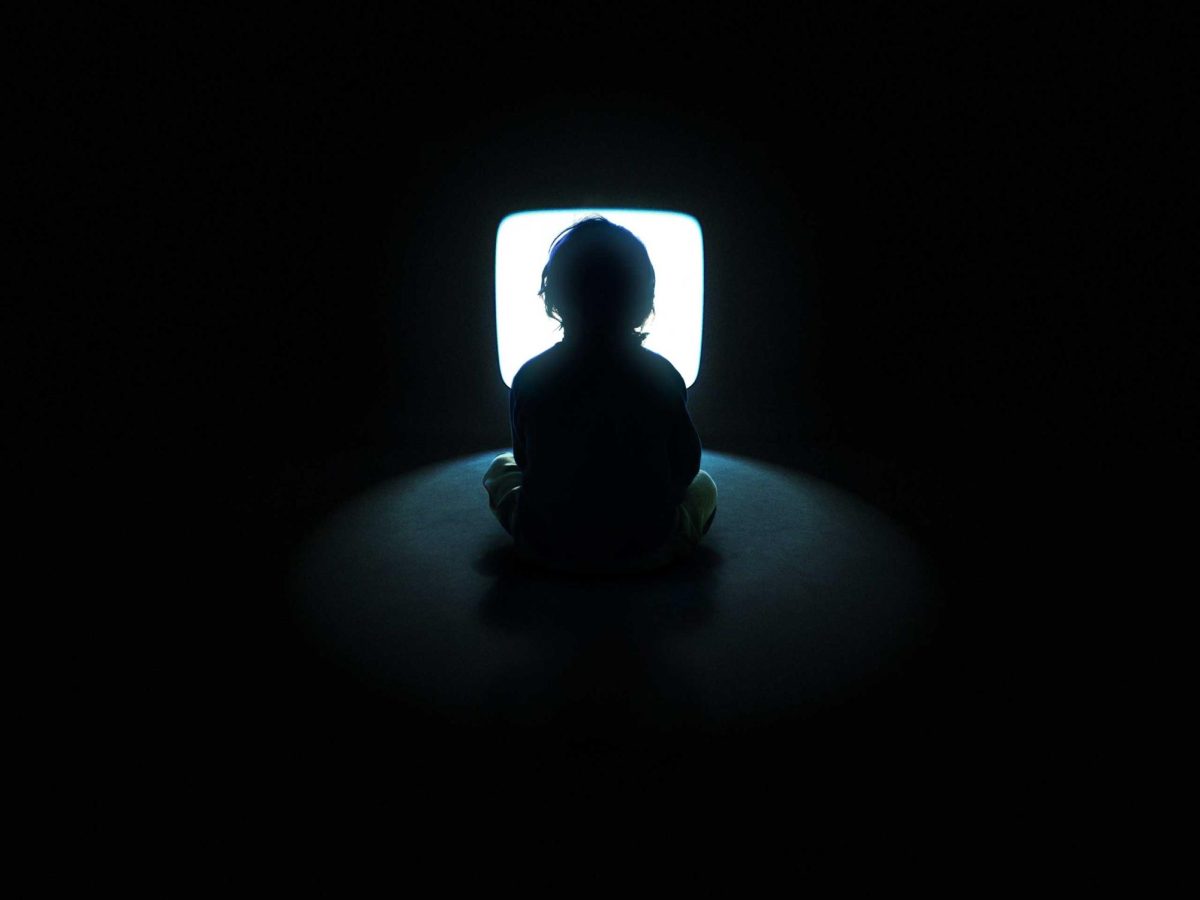The ethicality of abortions has been highly debated over the past 50 years. An abortion is a procedure to end a pregnancy in which doctors use a particular medicine or medical operations to remove the pregnancy from the uterus. Recently, the Arizona House voted to repeal the 1864 ban on abortion, saying that it should be legal, to the outrage of many anti-abortion communities. The final vote in the court ruling was 32-28, and the House’s decision has been questioned by many, sparking controversy in Arizona.
Pro-abortion advocates state that abortion should stay legal and therefore support this case and its statements. They argue that women have a moral right to decide what to do with their bodies, and taking this decision away from them would be unfair. Along with this, getting an abortion empowers women to prioritize career, education, or family planning when they are ready. To pro-abortionists, banning a woman’s right to abortion would be very harmful since people have to get an abortion illegally if they require it.
Anti-abortion activists say that abortion should be illegal and don’t support the decision the House made. Some of their points include the idea that abortion is murder and that the baby has a right to live. They also argue that abortions kill babies, which they consider immoral. Another reason is that they think this intervention is harmful to the woman’s body. These activists claim that once a woman gets an abortion, she can never have another baby [this is not true]. She will have severe side effects on her health that can result in death [Note: only .45 out of every 100,000 abortions lead to death – that is, every 0.0000045 abortions performed, according to PEW Research]. To anti-abortionists, banning abortion would not only save the baby’s life but also the woman’s.
The instrumental Supreme Court case, Roe v Wade, was the precedent for whether or not pregnancy rights belong to an individual or a government. In 1973, in a 7-2 decision, the Supreme Court decided that restricting the regulation of abortion was unconstitutional–in other words, abortion was legalized. However, there were still repeated challenges to the decision that reduced the scope of the decision. For example, the 1992 case Planned Parenthood of Southeastern Pennsylvania v Casey decided that restricting abortion is unconstitutional if it causes a burden on the pregnant person before the fetus is viable. Essentially, it allowed states more freedom to regulate abortion, but it still allowed for the right to access abortion services.
The decision of the Arizona House to allow abortion was crucial for women in Arizona to have the freedom to make their own choices. If the repeal is approved by the Senate as expected, Arizona will allow abortions for as much as 15 weeks.
Many cases have been argued about the constitutionality of the court case by policymakers and citizens everywhere. As one of the most controversial topics, the right to abortion is a back-and-forth between pro-life and pro-choice members. The decision of the Arizona House to repeal the decision protected the right to abortion, but it is still being considered in other states.
Sources:
Why I Believe Abortion Should be Illegal
Arguments in favour of abortion Arizona House votes to repeal controversial 1864 abortion ban, with help of 3 Republicans – ABC News
Roe v. Wade – Center for Reproductive Rights
Roe v. Wade | Summary, Origins, Right to Privacy, & Overturning | Britannica
Arizona House approved a repeal of the state’s near-total abortion ban | AP News






















